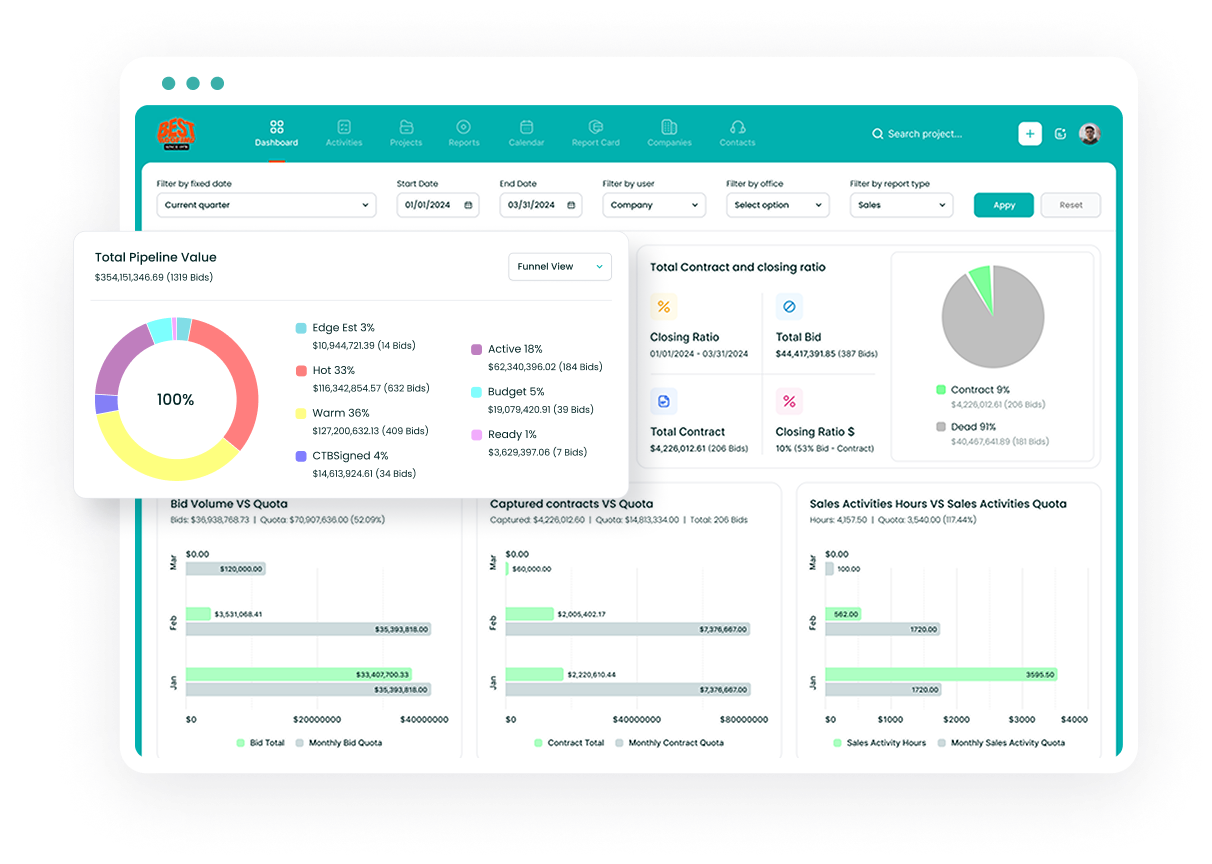Understanding Check Voiding Scenarios
Before diving into the specific steps, it's important to recognize that there are two main scenarios when voiding checks in Sage 300:
Scenario 1: You've printed a check but haven't realized an error before recording it Scenario 2: You've already recorded and issued the check, but need to void it
Voiding a Printed Check Through Payment Entry
When you discover an error immediately after printing a check but before it's been issued, follow these steps for the simplest voiding process:
- Navigate to Payment Entry and locate the specific batch and entry
- Find and select the check on the detail grid
- Click the Void Check button
- Confirm the void operation by clicking Yes when prompted
Handling Already Issued Checks
For checks that have already been issued and recorded, the process requires more attention to maintain proper accounting records. Here's the comprehensive procedure:
Step 1: Initial Setup
- Access the Accounts Payable module
- Ensure all users who might be affected by this transaction are notified
- Verify you have the necessary permissions to void checks
Step 2: Documentation Preparation
Before proceeding with the void operation, gather the following information:
- Original check number
- Payment date
- Vendor information
- Original payment amount
- Reason for voiding
Step 3: Bank Reconciliation Considerations
When voiding a check that may appear in your bank reconciliation:
- Document the void in your bank reconciliation records
- Ensure the voided check is properly marked in your system
- Update any related journal entries
Best Practices for Check Voiding
To maintain accurate financial records when voiding checks:
Record Keeping
- Maintain detailed notes about why the check was voided
- Keep copies of all related documentation
- Update vendor records as necessary
Timing Considerations
- Process voids within the same accounting period when possible
- If crossing accounting periods, ensure proper adjustments are made
- Consider the impact on financial statements
Common Issues and Solutions
When voiding checks in Sage 300, you might encounter these common challenges:
Locked Fiscal Periods If you receive a "Cannot post to locked fiscal period" error, you'll need to unlock the relevant fiscal period in Common Services.
Posting Errors When encountering posting errors:
- Print a Posting Errors Report
- Review the specific error message
- Make necessary corrections before proceeding
Impact on Financial Records
Voiding a check affects multiple aspects of your accounting system:
General Ledger Impact
- Creates reversing entries
- Affects cash account balances
- Updates vendor payment records
Audit Trail
- Generates void records in the system
- Maintains transaction history
- Provides documentation for auditors
Integration with Other Modules
Voiding checks in Sage 300 affects various modules:
Bank Services
- Updates bank reconciliation records
- Adjusts bank account balances
- Maintains payment history
Accounts Payable
- Reopens related invoices if applicable
- Updates vendor payment history
- Adjusts payment records
Security and Control Measures
Implement these security measures for check voiding:
Access Controls
- Limit void capabilities to authorized personnel
- Maintain audit logs of void operations
- Require supervisory approval for voids above certain amounts
Documentation Requirements
- Establish standard procedures for void requests
- Require written authorization
- Maintain supporting documentation
Reporting and Tracking
After voiding checks, ensure proper reporting:
Internal Reports
- Generate void transaction reports
- Update payment registers
- Maintain void check logs
External Reporting
- Update vendor statements
- Adjust financial statements
- Maintain tax records
System Maintenance
To ensure smooth check voiding operations:
Regular Updates
- Keep Sage 300 software current
- Update security protocols
- Maintain system backups
Database Management
- Regular database maintenance
- Archive old records appropriately
- Monitor system performance
Training and Support
Ensure proper training for staff:
User Training
- Provide detailed procedures
- Conduct regular refresher training
- Document common issues and solutions
Support Resources
- Maintain internal documentation
- Establish support protocols
- Create troubleshooting guides
Conclusion
Voiding checks in Sage 300 requires attention to detail and proper procedure following. By maintaining accurate records and following established protocols, organizations can ensure their financial records remain accurate and compliant. Regular training and clear procedures help minimize errors and maintain efficient operations.
Remember that proper documentation and authorization are crucial for maintaining accurate financial records and audit trails. Regular system maintenance and updates ensure the check voiding process remains smooth and efficient.
Citations: [1] https://www.top-sage-resellers.com/blog/sage-100-reverse-check [2] https://documentation.help/AP61AENG/F_Voiding_a_Check.htm [3] https://www.rklesolutions.com/blog/how-to-void-a-check-written-from-a-legacy-system [4] https://www.youtube.com/watch?v=NWKAR2Cr23M [5] https://us-kb.sage.com/portal/app/portlets/results/botviewsolution.jsp?hypermediatext=null&solutionid=222924550020440 [6] https://help.sage300.com/en-us/2016/web/Subsystems/AP/Content/Transactions/Payments/VoidingPrintedCheck.htm [7] https://communityhub.sage.com/us/sage_construction_and_real_estate/f/sage-300-construction-and-real-estate/144163/void [8] https://www.equationtech.us/sage-accpac-blog/sage-300-posting-errors

